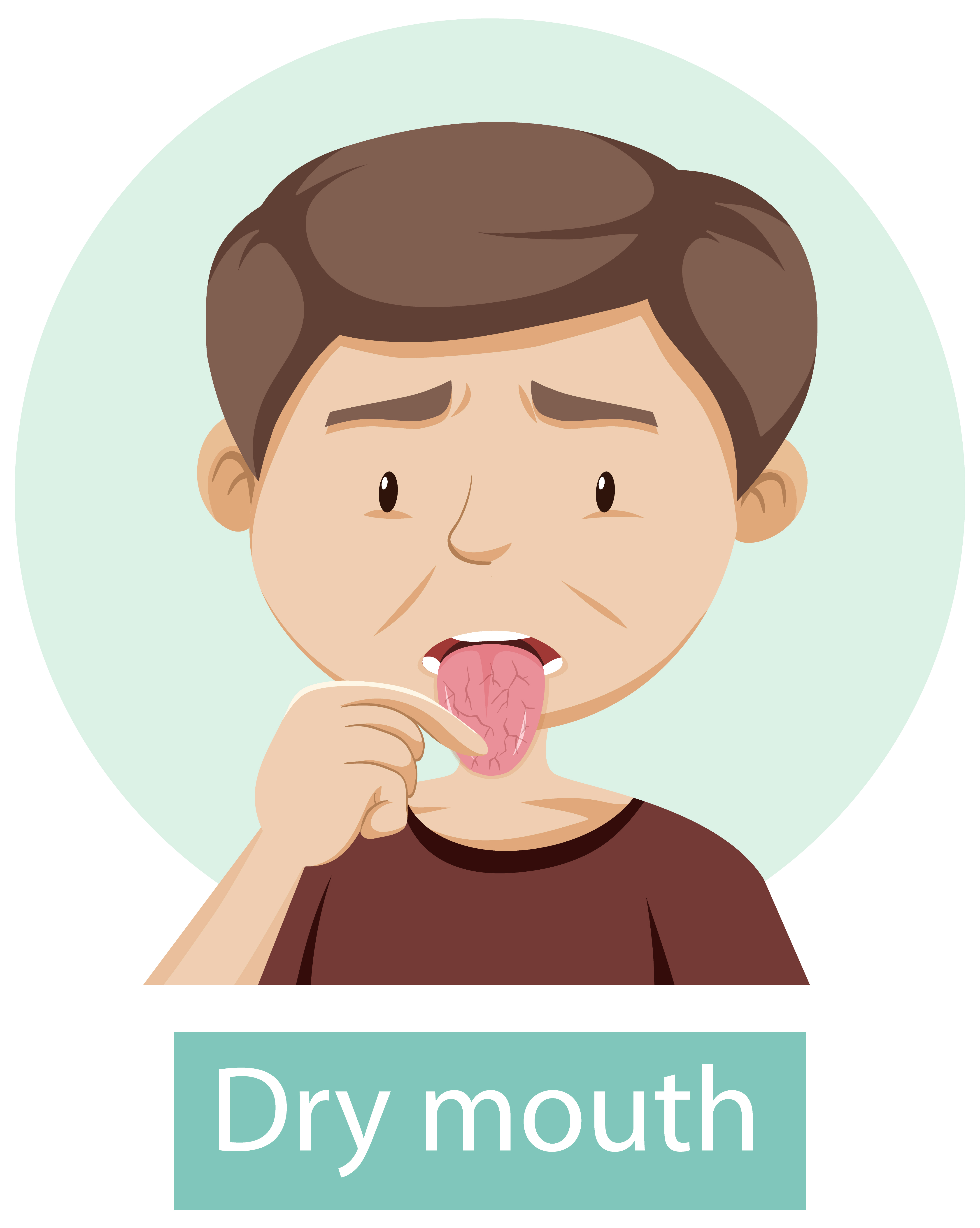
Understanding Dry Cough: Causes and Triggers
Understanding Dry Cough
A dry cough, also known as a non-productive cough, doesn’t produce mucus or phlegm. Unlike a productive cough, which helps clear mucus from the airways, a dry cough can be irritating and uncomfortable.
What causes it?
Common Causes of Dry Cough
Viral Infections
One of the most common causes of a dry cough is a viral infection, such as the common cold or flu. These viruses irritate the throat and airways, triggering a dry, hacking cough.
Allergies
Allergies to pollen, dust, pet dander, or other airborne irritants can also cause a dry cough. When your immune system reacts to these allergens, it can lead to inflammation in the throat and airways.
Environmental Factors
Dry air, smoke, pollution, or chemicals in the air can irritate the throat. Breathing in these irritants can cause inflammation and trigger a dry cough.
Medications
Certain medications, such as ACE inhibitors used to treat high blood pressure, can cause a persistent dry cough as a side effect. If you suspect your medication may be causing your cough, talk to your healthcare provider.
Underlying Health Conditions
In some cases, a dry cough may indicate an underlying health condition, such as asthma, gastroesophageal reflux disease (GERD), or postnasal drip. These conditions can lead to irritation in the throat and airways.
Managing and Alleviating Dry Cough
Now that we understand the common causes, how can we manage and alleviate this bothersome symptom? Here are a few tips:
- Stay Hydrated: Drink plenty of fluids to soothe the throat and thin mucus.
- Use a Humidifier: Add moisture to the air, especially if you live in a dry climate.
- Avoid Irritants: Stay away from known irritants or allergens that may trigger your cough.
- Try OTC Remedies: Over-the-counter cough suppressants or throat lozenges can help alleviate coughing.
When to Seek Medical Attention
If your dry cough persists for more than a few weeks or is accompanied by concerning symptoms like fever, difficulty breathing, or chest pain, seek medical attention. Your healthcare provider can help determine the cause of your cough and recommend appropriate treatment.
Conclusion
By understanding the common causes of dry cough and knowing how to manage this symptom, you can take control of your respiratory health. Stay informed and proactive to feel better sooner.
To seek medical advice, always consult a Doctor. Here are our recommended experts. Click here
To read more on Respiratory disease . Click Here

